MS-LS4-5
Gather and synthesize information about the technologies that have changed the way humans influence the inheritance of desired traits in organisms.
-
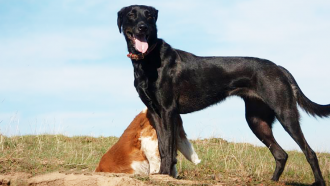 Genetics
GeneticsWhat we can — and can’t — learn from our pets’ DNA
Your dog or cat’s DNA is an open book. DNA tests tell people about their pet’s breed and attempt to predict things about its behavior and health.
-
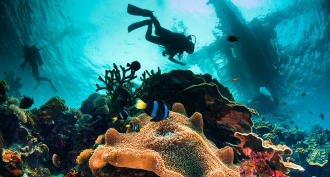 Chemistry
ChemistryCool Jobs: Diving for new medicines
Scientists mix research with underwater adventure as they search the oceans for new chemicals to treat infections, cancer and more.
-
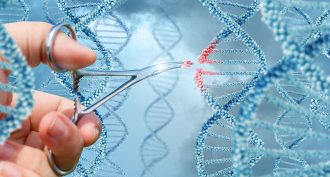 Genetics
GeneticsExplainer: Why scientists sometimes ‘knock out’ genes
How do we learn what a particular molecule does in the body? To find out, scientists often 'knock out' the gene that makes it. Here’s how.
-
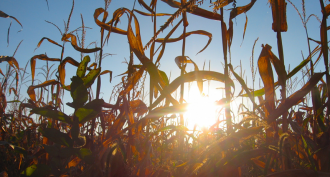 Genetics
GeneticsWorld’s tallest corn towers nearly 14 meters
Short nights and a genetic tweak helped novel corn reach record heights.
-
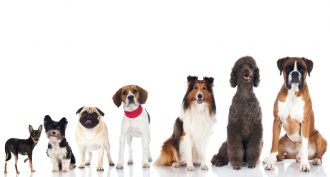 Animals
AnimalsThe turning of wolves into dogs may have occurred twice
The process of turning wolves into dogs, called domestication, may have occurred twice — in the East and the West — ancient DNA suggest.
-
 Animals
AnimalsWolves beat dogs at problem-solving test
When treats are at stake, wolves outperformed dogs at opening a closed container. The dog’s relationship with humans may explain why.
By Susan Milius -
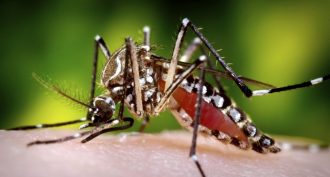 Animals
AnimalsWhat’s the buzz? A new mosquito lure
Broadcasting a fake buzz can lure male Aedes aegypti mosquitoes away from females. That could reduce populations of these annoying — and disease-causing — insects, reports a teen at the 2015 Intel ISEF competition.
By Sid Perkins -
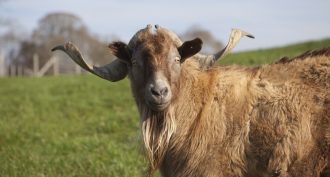 Agriculture
AgricultureLivestock: A need to save rare breeds
New studies and ongoing work highlight why society should save rare livestock breeds — and the part that technology can play.
-
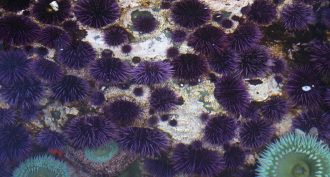 Life
LifeCaught in the act
Scientists observe some evolutionary speed demons as they adapt over the course of just a few years to new environmental conditions.
-
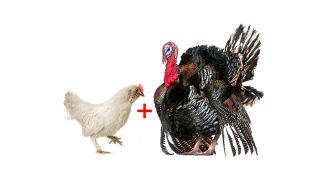 Animals
AnimalsChurk: Not for Thanksgiving
Here’s what happens when livestock breeders cross a chicken and a turkey
By Janet Raloff